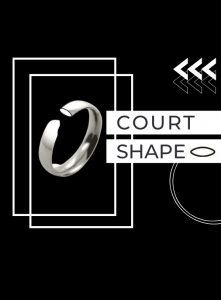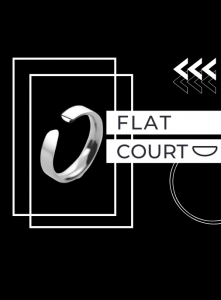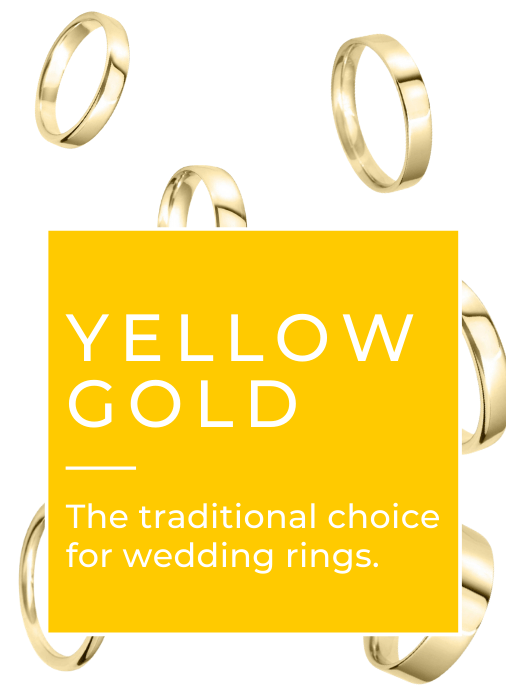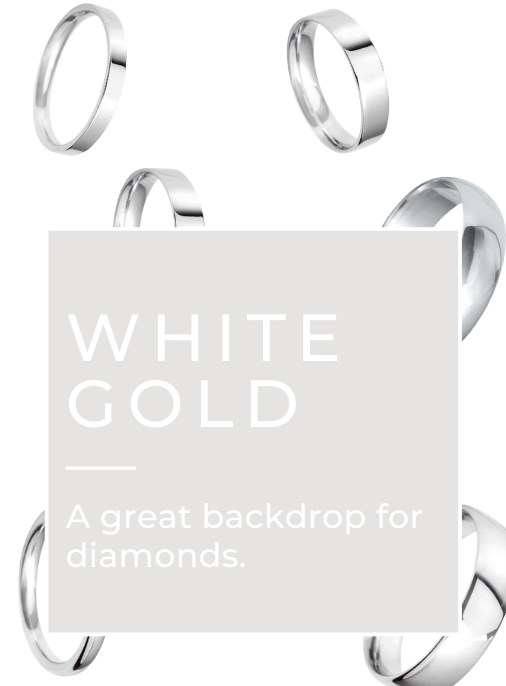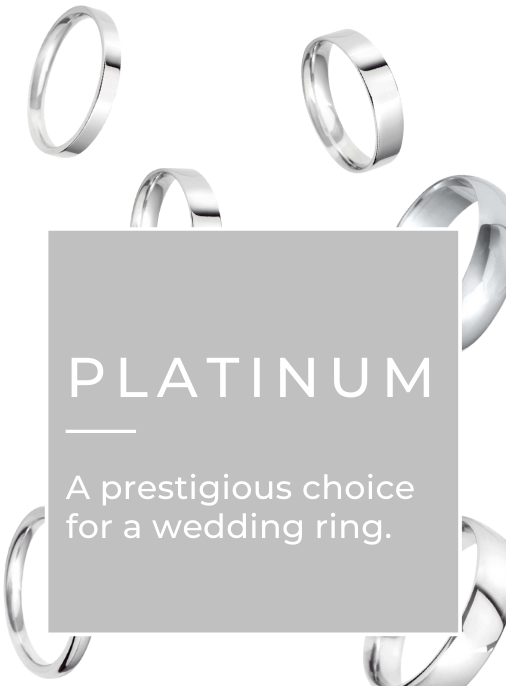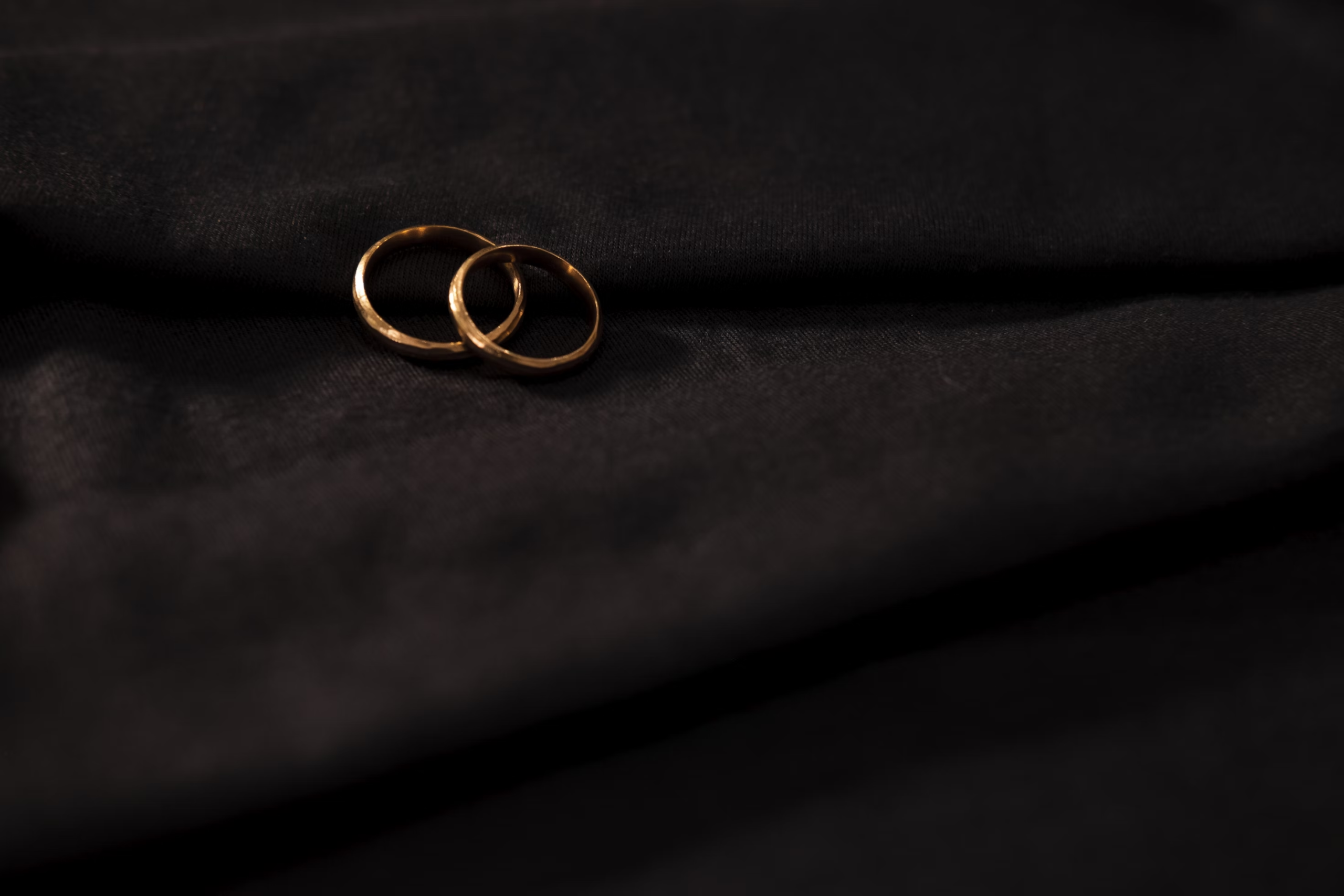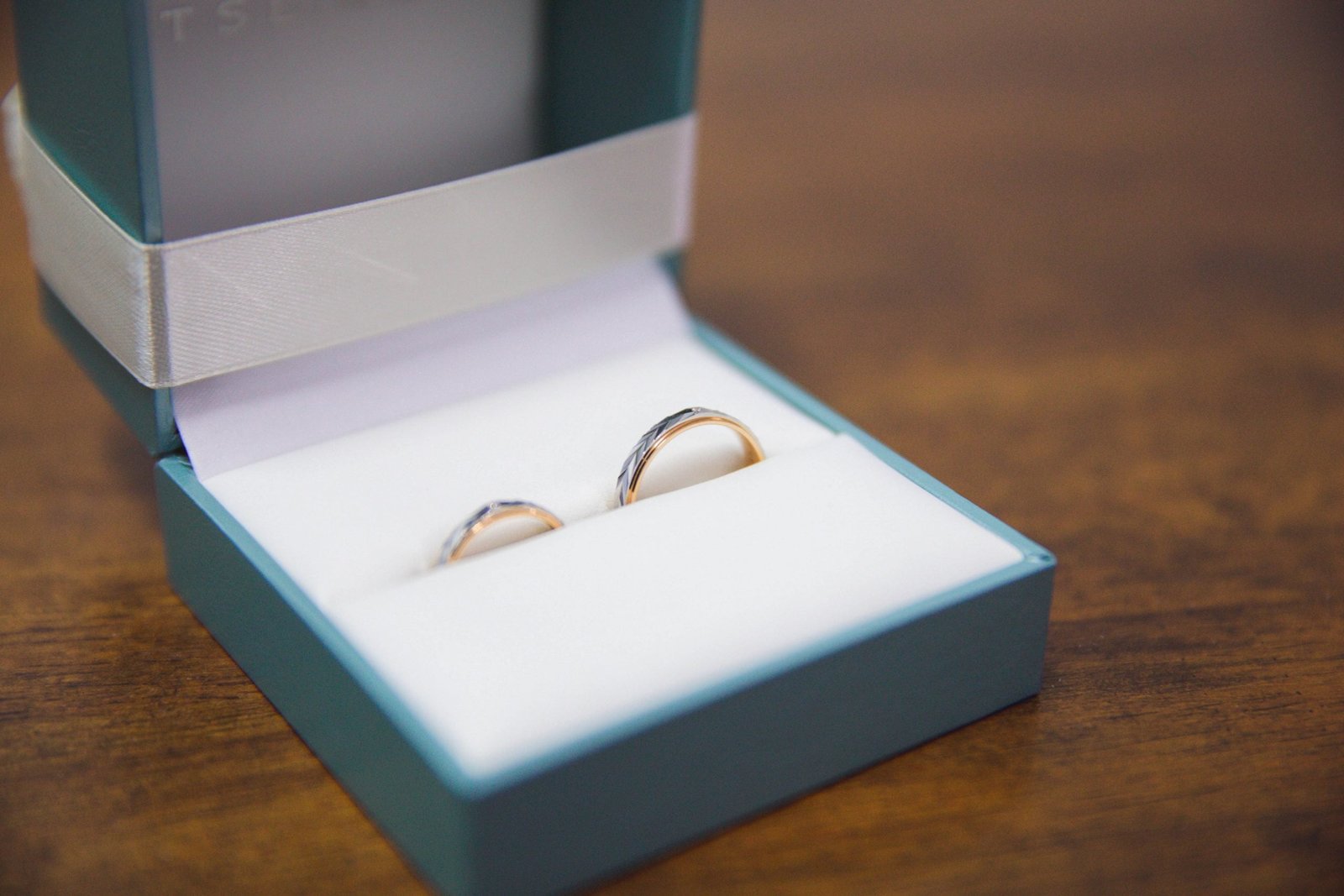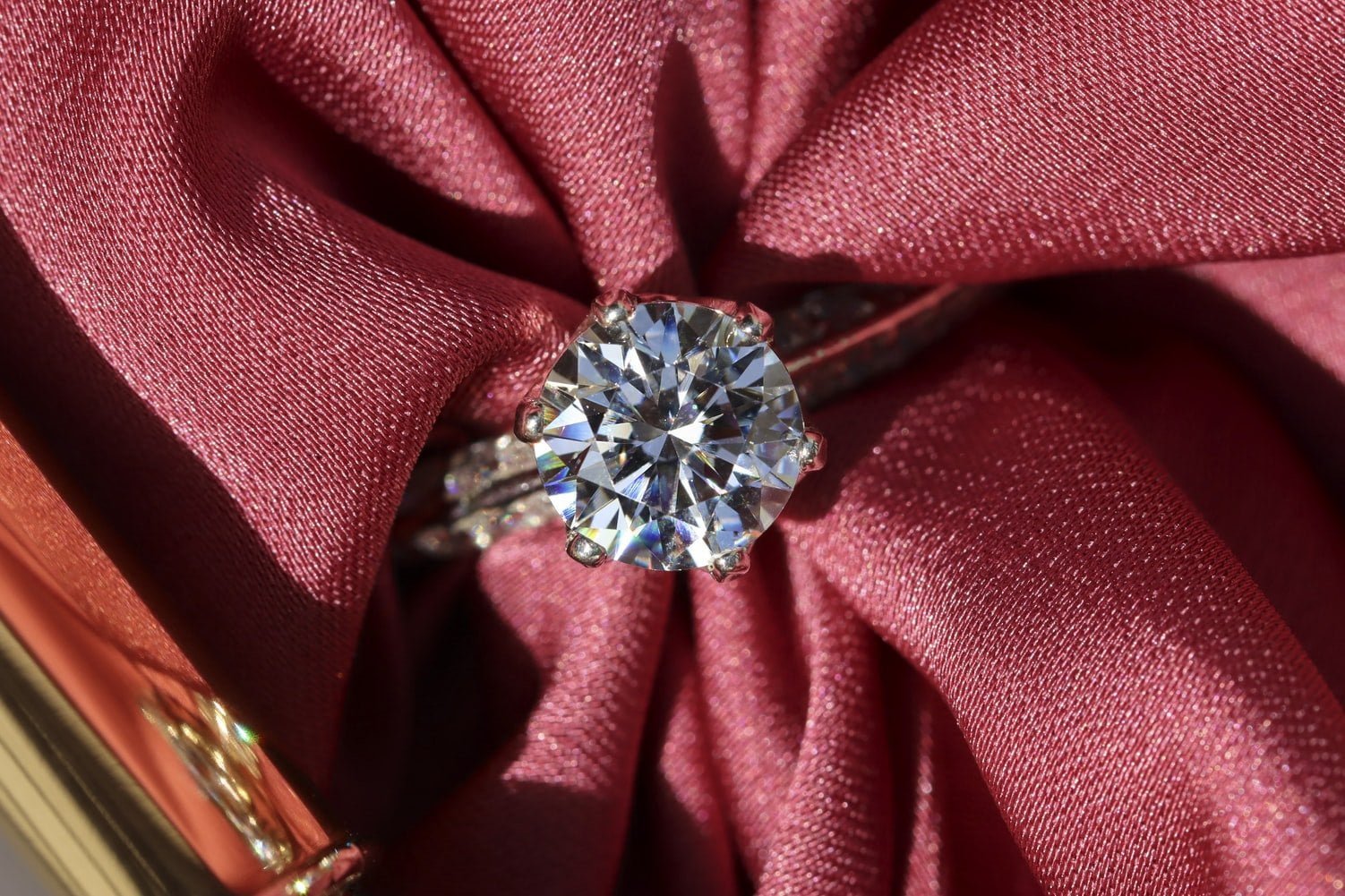
How To Choose a Diamond Engagement Ring For Your Significant Other
For many men out there, one of the most nerve-wracking decisions they will ever make is how to propose. A diamond engagement ring is a symbol of love and commitment, so it’s important you choose one that your significant other will love for years to come.
You’re about to spend a lot of money to buy an object that will be the most permanent symbol of your relationship.
If you are planning on joining the vast majority of British men who purchase diamond engagement rings for their significant other, pay close attention to this advice because it’s not something you want to get wrong. Expect to part with quite a bit, but also remember that what you choose now is going make up more than just physical jewellery – it’ll become the eternal reminder in your partners heart, as well as yours every time you look at it.
The diamond market can be tricky at times, but there are some universally agreed rules when it comes to buying diamond engagement rings. It’s worth following them to avoid the pitfalls of the jewellery business.
The History of Diamond Engagement Rings
Let’s start with a quick history lesson. The story goes that in 1477, an Austrian man named Archduke Maximilian was so in love that he came up with a “brilliant” idea: why not propose to Mary of Burgundy with a diamond engagement ring? Giving your bride-to-be a ring was already a custom that went back slightly further in that, though. Ancient Egyptians believed that the third finger of the left hand had a vein that led straight to the heart. They would often use this finger to wear symbolic rings.
What Actually Are Diamonds
Diamonds are one of the most precious and expensive stones on earth. They can be found deep under Earth’s surface in volcano feed-pipes, where they can take over a billion years to form. They are made up of 99.95% pure crystallised carbon that is extremely hard to break apart. When volcanoes erode down into their pipe formations, diamonds will end up being released into layers of gravel which miners eventually mine for them. However, because of the rarity of this process it only occurs at a handful of locations across the planet.
The 7 C’s of Diamonds
There are many characteristics to look out for when purchasing your own diamond engagement ring. The most important of these is the cut, which determines how well-spread their light will be and if they’ll sparkle or not. Other C’s of diamonds you should consider include clarity, colour, contour, cost, certification and carat weight. Another thing you might want to think about is whether it has been modified in any way by heating or irradiation processes during its creation process – this could significantly reduce a diamonds’ value! So, let’s dive into these a bit more.
Cut
The cut of the diamond refers to a lot more than just the shape it has been polished into. It is actually the most important factor for determining a diamond’s sparkle and light dispersion.
When it comes to cutting a diamond, it is a very precise process that requires laser precision. The type and quality of the cut will ultimately determine the brightness and sparkle of the diamond.

Carat
The weight of a diamond is measured in carats. This is different from carat’s used for precious metals, such as gold, which refers to purity. Carat is used as a measuring scale for how much a diamond weighs.
For example, 1 carat = 0.2 grams, so 0.5 carat = 0.1 grams and 5 carats = 1 gram. The higher the carat, the larger the diamond.

Colour
The colour of a diamond determines its grade – the less colour (white or colourless), the higher the grade of a diamond. This grade is measured using a colour scale from D to Z, with D being the “most desirable”.
Completely colourless diamonds are much rarer, therefore they are more expensive than lesser grade diamonds.

Certification
When buying a diamond, make sure that it has been certified by a recognised laboratory. Diamond certification will provide you with important information, such as a diamond’s technical characteristics, its value and origins.
Here at The Wedding Rings Co. we only use diamonds certified by GIA – a leading grading body in the diamond industry.
Clarity
The way diamonds are formed deep underground under tremendous pressure and heat, chances are they will have some sort of an imperfection in their crystal structure. This can easily happen as minerals can become trapped inside the diamond during its formation process. The level of such impurities will determine the clarity of a diamond and therefore its price.
Diamond clarity is graded using a scale that starts from Flawless / Internally Flawless (FL/IF), Very Very Slightly Included (VVS1/VVS2), Very Slightly Included (VS1/VS2), Slightly Included (SI1/SI2) to Included (I1, I2 and I3).

Contour
The contour of a diamond refers to its shape. The round shape is perhaps the most popular diamond contour – but there are many more! Diamonds can be cut into many different shapes, suited for each individual taste.
The most popular diamond contour’s include Round, Princess, Cushion, Oval, Pear, Heart, Radiant, Asscher, Marquise, Trillion and Emerald shapes.
Cost
When it comes to the price of a diamond, you must consider all of the above listed factors first. But perhaps the most important factor for determining the cost of a diamond is the carat weight. The larger the carat weight, the higher the cost of a diamond.
You can compare the cost of diamonds using price per carat – simply divide the cost of the diamond by its carat weight. Keep in mind that larger sized diamonds are rarer and therefore they are usually sold at a premium price.
What Kind of Diamond Engagement Ring Does She Want?
A great way for you to find out what she wants is to get an idea from the style of jewellery that she already owns. Does her preference lean more towards modern or traditional? White gold, yellow gold, two-tone (white and yellow) and platinum are all popular metals when it comes to engagement rings. You should also note how your potential fiancée reacts upon seeing other women’s engagement ring styles on social media and in magazines such as Vogue and Elle. If you want, you can do a quick consultation with her girlfriends and female relatives – but only if you can trust them with your secret! This should paint a fairly accurate picture of her preferences.
Chances are, she will like a classic diamond solitaire – which account for the majority of all sales of diamond engagement rings. Consider if she would like a Tiffany-style solitaire in which prongs hold the diamond high. Or maybe a basket setting, or some other low-head style? One thing is clear, though. You should attempt to involve her in the decision without making it too obvious. It’s one thing that you simply do not want to get wrong!
Where To Buy an Engagement Ring?
You have two main choices when it comes to buying your diamond engagement ring. The first is a traditional high street jeweller, who will offer you the widest variety of diamond shapes, sizes and quality. The other option would be an online retailer with plenty of offers and great deals on all sorts of diamonds. Consider how much money you are willing to spend before choosing one or the other!
Buying From a High Street Jeweller
If you’re looking for a brand new diamond engagement ring, it might be worth visiting as many high street jewellers as possible to find the best deal for yourself. Keep in mind though that most high street jewellers are going to be more expensive than shops in London’s jewellery quarter at Hatton Garden. Before Christmas and Valentine’s Day are usually the busiest times for jewellers, so you can expect that to be reflected in the prices. August is typically the slowest month, so it’s worth seeing if you can get a better deal! Here is a checklist you can use when deciding on which high street jeweller to consider buying from:
- Does the shop have a good local reputation?
- Do the staff have solid gemmological knowledge? Don’t get tricked by jargon you don’t understand.
- Are all of the diamonds being sold come with recognised gemmological certification?
- Is the shop a member of a recognised trade association?
- A good indication of customer trust is seeing if the shop has a busy repairs service.
- Find out exactly what warranties and guarantees the shop offers when you buy from them.
- Make sure you’re allowed to examine the diamond through a loupe on a white background. A black background can cause the eye’s perception of colour to be hindered.
Buying From an Online Jeweller
When looking for diamond engagement rings online, The Wedding Rings Co. is the place to go! We have over 30 years of experience in the jewellery trade and are certified and only use exceptional quality materials. You can order from us with complete peace of mind because we offer our customers complete transparency. With thousands of satisfied customers over the years, you know you’ll be happy with your purchase when you buy from us.
We offer bespoke rings that come in all shapes and sizes so there’s something for everyone! Whether it’s a simple gold band or an intricate diamond ring, we can make exactly what you need to make your special day perfect. Browse our website today to find the perfect piece or reach out to use for our bespoke design service.
The Ethics of Buying Diamonds
You may have heard that diamonds are mined in countries where children work to find them. That’s true, but the important thing is know about how you can make a difference by purchasing ethically. The diamond industry has taken great strides over the years and now most of what’s produced comes from ethical sources without child labor or environmental destruction.
Here at The Wedding Rings Co., we only use Fairtrade gold and certified diamonds so you know exactly where your jewellery has come from.
Other Important Resources
You can learn more about diamonds from these online resources:
Trade associations
British Jewellery and Giftware Federation
(Tel: 0121-236 2657, www.bjgf.org.uk)
British Jewellers’ Association
(Tel: 0121-237 1109, www.bja.org.uk)
Jewellery & Allied Industries Training Council
(Tel: 0121-237 1109, www.jaitc.org.uk)
National Association of Goldsmiths
(Tel: 020-7613 4445, www.progold.net)
Gemmological Association and Gem Testing Laboratory of Great Britain
(Tel: 020-7404 3334, www.gagtl.ac.uk)
Diamond Information Centre (sponsored by the Diamond Trading Company, part of the De Beers Group)
(Tel: 020-7404 4444, www.uk.forevermark.com)
Diamond certificate issuers
Gemmological Institute of America Inc (GIA)
(Tel: 001 760 603 4000, www.gia.edu)
Diamond High Council (HRD)
(Tel: 0032 3 222 0511, www.diamonds.be)
European Gemmological Laboratory (EGL)
(Tel: 020-7916 3519, www.egl.co.za)
Independent Gemmological Laboratories, Inc (IGL)
(Tel: 001 212-557 0111)
American Gem Society (AGS)
(Tel: 001 702-233 6120, www.agslab.com)

